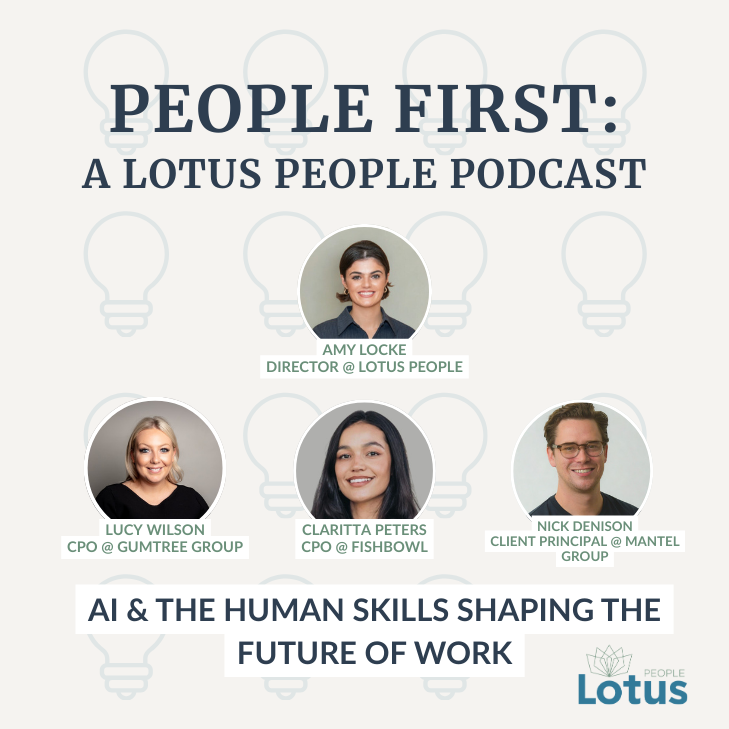While some Gen Z work trends, such as Bare Minimum Mondays have been slammed, this list of wants and needs should have bosses taking note.
Generation Z – the cohort born between 1996 and 2012 – are not just the CEOs of the future, they’re today’s graduates and young professionals, with the oldest among them now approaching their late 20s.
And according to HR software company Employment Hero’s Gen Z In The Workplace report, they’re changing the landscape with a new way of viewing work, life, and the way the two interplay.
While 67 per cent of the cohort overall reported feeling dissatisfied in their jobs, that number reduced to 54 per cent in the 20-24-year-old age group, suggesting that teething problems may smooth out as they grow older and find a job to suit their needs. Still, 49 per cent of respondents revealed they plan to leave their job in the next year, with a whopping 75 per cent hoping to move on in the next two.
So, if it isn’t a lifelong career in the same place (which, let’s face it, hasn’t been the goal for some time now), what are Gen Z looking for in a job?
Mental health is paramount
Mental health is front and centre in terms of priorities for Gen Z employees, 75 per cent of whom told Employment Hero they expected their workplace to offer some form of mental health support, such as an Employee Assistance Program (EAP). Positive work culture and access to mental health days were also high on the list.
Amber Clignett, recruitment consultant at award-winning HR and office support recruitment company Lotus People, says there is a misconception that Gen Z are unable to receive feedback, and that one of the ways in which employers are shifting to embrace Gen Z ideals is to improve their feedback mechanisms.
“Employers are adopting open communication channels to engage with employees from the new generation,” explains Clignett, herself a member of Gen Z. “They value transparent and constructive feedback, provide opportunities for two-way communication, and listen to the voices and ideas of their workforce.”
Flexibility and balance
While pandemic-induced remote working heralded a revolution of sorts for ageing Millennials and members of Gen X either caring for young families or sandwiched between kids and ageing parents, it’s not solely for the family-focused.
Gen Z, explains Clignett, value the same things as their older counterparts – because they’re universally beneficial.
“I think the gap between generations and their ‘wants’ is being closed faster than we think due to the new standards of working and what people have access to,” she says.
“While in the past there may have been more specific criteria in what different demographics seek – the increased accessibility to information and the rise of remote work/ flexible arrangements has made work-life balance and flexibility important to all generations.”
Feature from
news.com.au/
You may also like...





